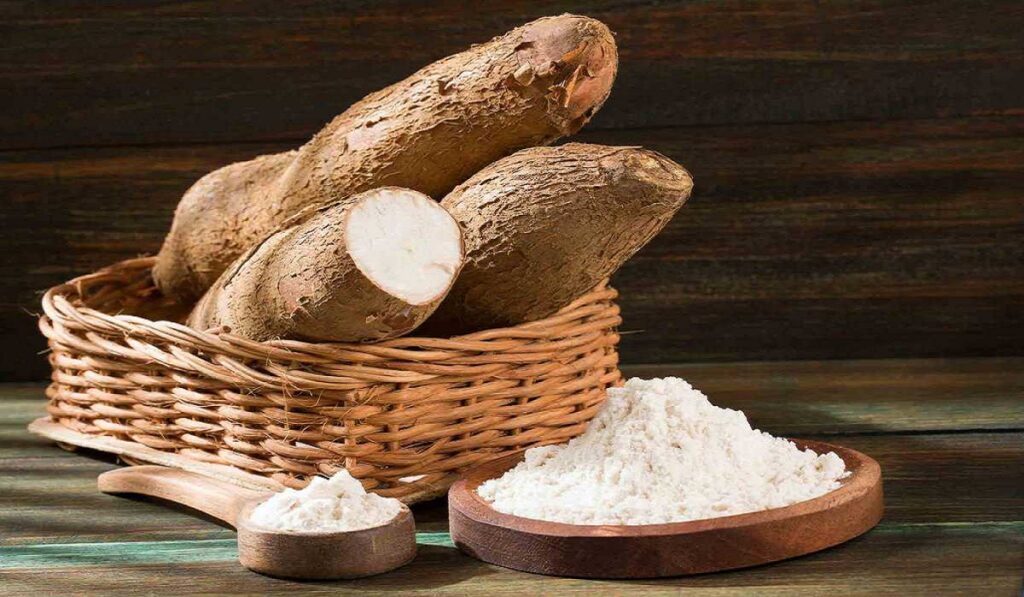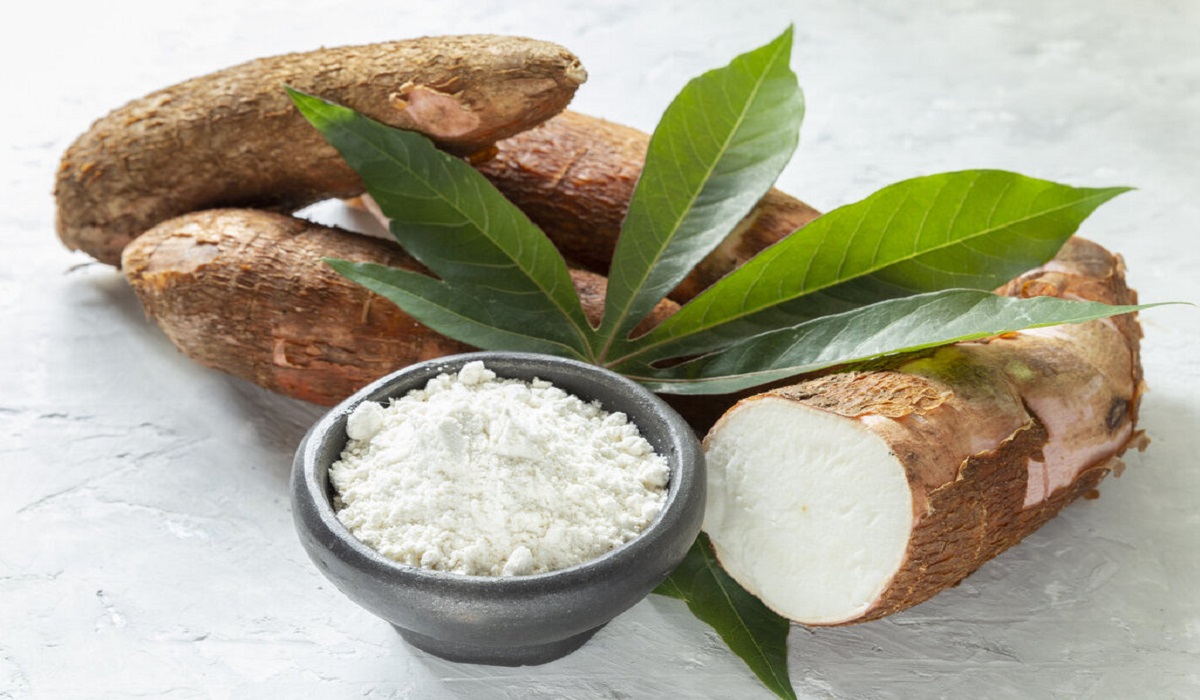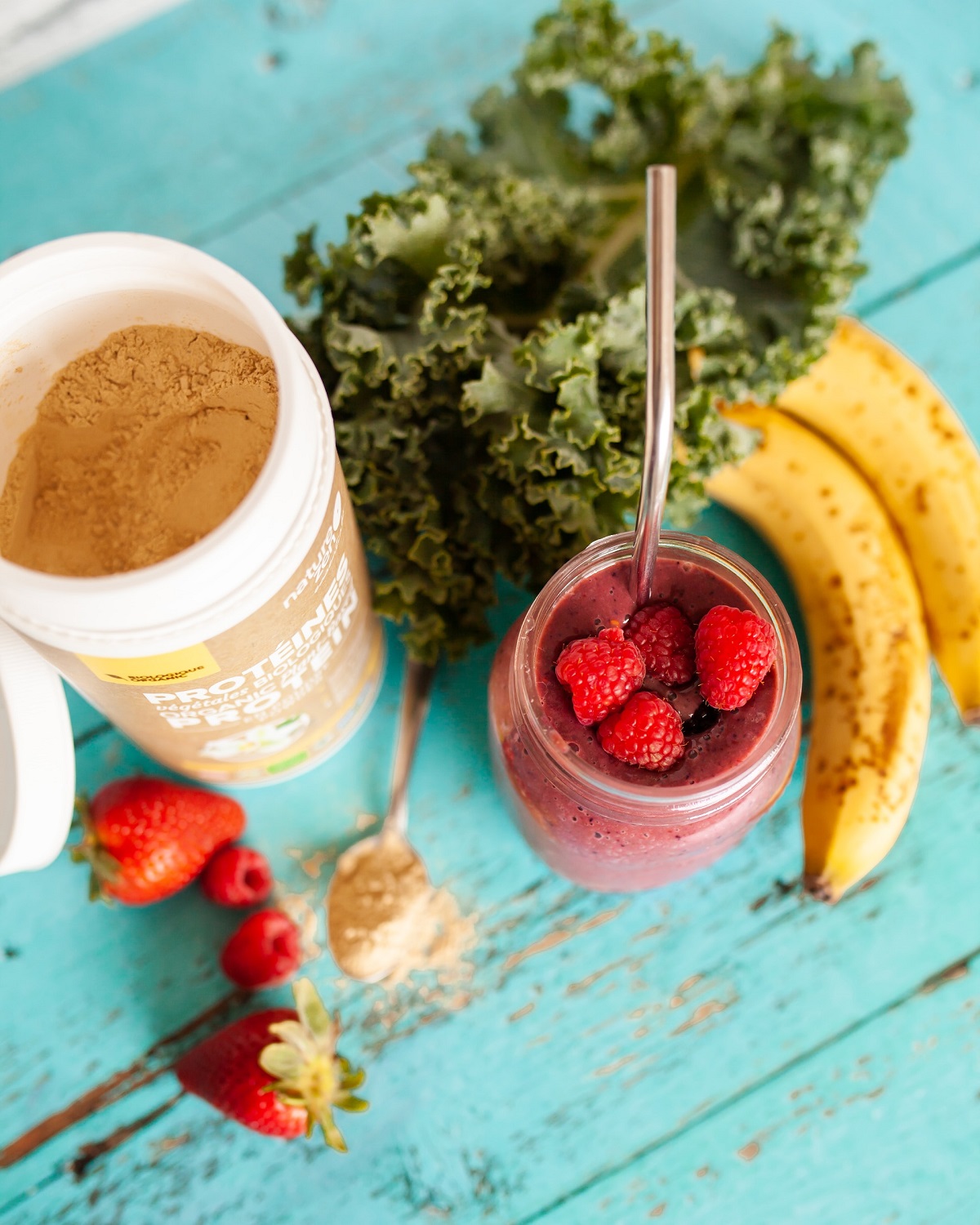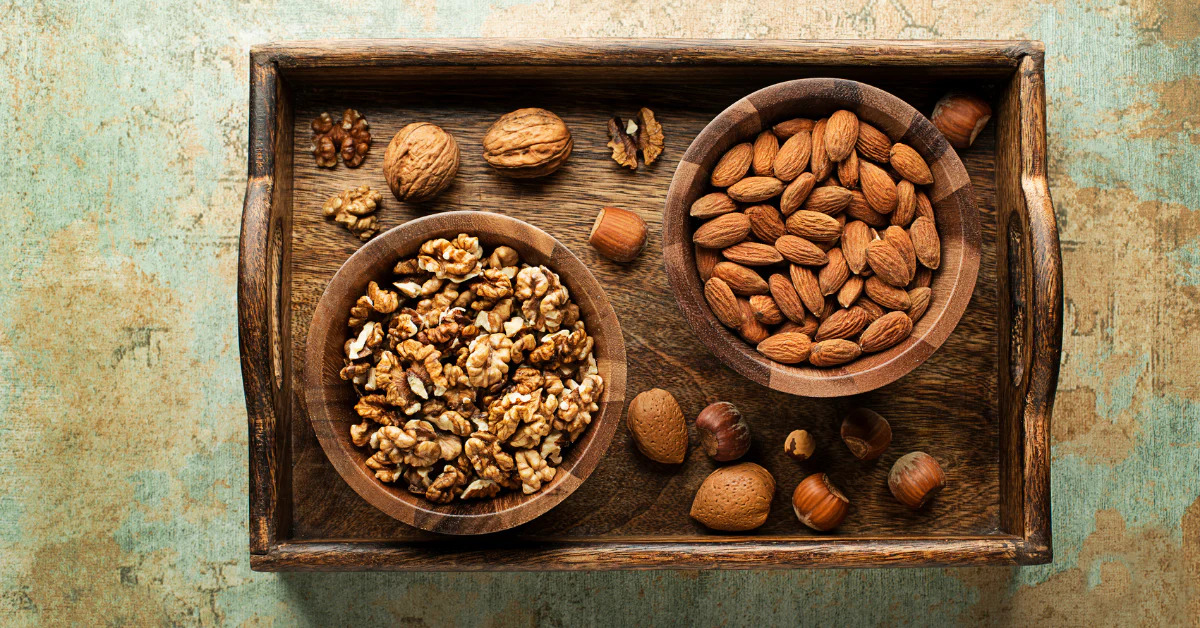Is Tapioca Flour Keto Friendly? Tech Foodie
If you are following is tapioca flour keto, a ketogenic or keto diet, you may look for keto-approved alternatives to everyday food. Keto diet has become popular in recent years due to its potential for aiding weight loss and improving metabolic health. The primary principle of this diet is to induce a state of ketosis in our body, where it burns fats to produce energy instead of carbohydrates. So, people following a keto diet must monitor their carbohydrate intake, making ingredient choices a crucial aspect of their meal planning. Things like wheat flour used in baking are high in carbohydrates and are not keto-friendly. Tapioca flour, derived from the cassava root, is used as an alternative to wheat flour, but it has created confusion within the keto community.oi
This article will explore Is tapioca flour keto and its compatibility with the ketogenic diet.
What Is Tapioca - Overview

Tapioca flour, derived from the cassava plant’s roots, is a starch commonly used in various culinary applications. Cassava, a widely cultivated tuber, is a dietary staple in Southeast Asia, Africa, and South America. Cassava boasts thicker skin, white flesh, and double the carbohydrates and calories in sweet potatoes.
Cassava undergoes a process of pounding or grinding, releasing its internal liquid To create tapioca flour. After the liquid evaporates, a fine white powder remains – tapioca flour or tapioca starch, sometimes found in coarser flakes. This flour has a neutral taste and odor, and its texture resembles cornstarch. Its versatility shines through its use in dessert preparation, as a soup and stew thickener, a meat coating, and more.
It is essential to differentiate between tapioca flour and cassava flour. Cassava flour involves peeling, drying, and grinding the entire tuber or root, offering higher carbohydrate content and nutritional value than tapioca flour. Cassava contains traces of vitamin C, calcium, magnesium, and B group vitamins, although these amounts are relatively minimal compared to keto-approved alternatives like sunflower seed flour.
Popularity Of Tapioca Flour?
In recent years, the popularity and accessibility of tapioca flour have significantly increased. It can be attributed to its compatibility with various dietary preferences and requirements, including Paleo, Whole30, gluten-free, and celiac diets. The flour’s digestibility is noteworthy, and it serves as an adequate substitute for traditional flours, albeit with the caveat of moderation. Its high starch content can lead to undesirable textures, rendering baked goods overly firm or chewy if used excessively.
Is Tapioca Flour Keto Approved?
The ketogenic diet, known for its weight loss benefits and positive impact on cardiovascular health, operates based on low carbohydrate intake and increased fat consumption. The keto diet could hold potential for those seeking rapid weight loss strategies or methods to manage hunger within a week. Nevertheless, adherence to certain principles information is essential while adopting this dietary approach.
Adhering to the keto diet involves clearing foods rich in carbohydrates and sugars. This dietary regimen hinges on prioritizing fats and protein, encouraging the utilization of ketones as the primary energy source rather than glucose, which is produced in response to high-carb consumption.
In this context, tapioca flour, derived from the cassava root, merits attention. Despite lacking wheat or other grain-based constituents, tapioca flour boasts a notable carbohydrate content. Consequently, addressing the query, “Is tapioca flour suitable for a keto diet?” concludes that tapioca flour does not align with keto diet criteria.
Individuals dedicated to the keto diet are advised to avoid food items prominently featuring tapioca flour as a primary ingredient. Nevertheless, employing it in minimal quantities might not necessarily trigger ketosis disruption, though this remains a potential risk.
Tapioca Flour And Ketosis
The keto diet typically encourages the consumption of low-carb, high-fat foods such as meats, fish, eggs, non-starchy vegetables, and healthy fats. With its relatively high carbohydrate content, Tapioca flour might seem contradictory to this approach. Regular consumption of tapioca flour in significant amounts could potentially hinder ketosis, as the body may preferentially utilize the ingested carbohydrates for energy rather than tapping into fat stores.
When Is Tapioca Flour Keto a Friendly Option?
According to data from the U.S. Department of Agriculture, dried tapioca pearls present the following nutritional composition per 100 grams of the dried product:
- Calories: 358
- Protein: 0 grams
- Fat: 0 grams
- Carbohydrates: 89 grams
- Fiber: 1 gram
- Net carbs: 88 grams
In select scenarios, tapioca flour can find a place within keto-friendly options. A modest quantity of tapioca flour might be employed when a dish necessitates a thickening agent like a stew or soup. However, it’s essential to acknowledge that most tapioca flour’s calories stem from carbohydrates, implying that its usage should be highly restrained.
Addressing the query “Is tapioca flour conducive to a keto diet,” the answer emerges: For adherents strictly committed to the keto diet, it is judicious to omit tapioca flour entirely. Nevertheless, if an individual possesses a genuine desire or requirement to incorporate tapioca into their dietary choices—whether due to specific diet plans or other factors- a more convenient option exists, opting for soluble tapioca.
Why is Tapioca Flour Keto Not Friendly?
While tapioca might find approval within paleo or Whole30 dietary approaches, it fails to garner favor within the ketogenic realm, nor does cassava flour. Its nutritional profile is notably limited, predominantly comprising carbohydrates while offering negligible protein content. This inherent composition makes it a markedly unsuitable choice for individuals committed to the high-protein, low-carbohydrate paradigm of the ketogenic diet.
The elevated starch content of tapioca renders it unsuitable for individuals with diabetes. With a high rank on the glycemic index scale, tapioca can exert adverse effects on blood sugar levels, prompting caution among those seeking to regulate their glucose responses.
Beyond its protein deficit, tapioca exhibits scarcity in dietary fiber and possesses minimal quantities of essential vitamins and minerals. Commonly labeled as ’empty calories,’ this term underscores that tapioca can escalate caloric intake without contributing positively to overall nutritional value.
Occasionally, products within the keto-approved spectrum may feature a keto-fiber additive known as tapioca fiber. This variant functions as a binder and sweetener, with its starch component broken down via enzymatic processes. While this tapioca derivative earns keto approval, its nutritional worth remains lacking.
Moderations And Alternatives
While tapioca flour might not be the best fit for strict adherents of the keto diet, it doesn’t necessarily mean it has to be entirely avoided. Moderation is key. Using small amounts of tapioca flour as a thickening agent or in baked goods occasionally is unlikely to disrupt ketosis significantly, especially if the rest of your diet remains low in carbohydrates.
For those who want to maintain a more vital ketosis state, alternative flours are available that are more keto-friendly. Almond flour, coconut flour, and flaxseed meal are popular in the keto community due to their low carbohydrate content and higher fat and fiber content. These alternatives can be seamlessly integrated into recipes without risking ketosis.
Conclusion
Whether is tapioca flour keto-friendly in the intricate world of dietary choices requires a nuanced response. While tapioca flour offers versatility in culinary applications and finds acceptance in specific dietary regimens like paleo or Whole30, it does not align well with the strict principles of the ketogenic diet. Its carbohydrate-rich composition and limited nutritional value pose challenges for achieving and sustaining ketosis.
For individuals adhering diligently to the keto diet, minimizing or omitting tapioca flour is recommended. However, in moderation and with thoughtful consideration, its occasional use for thickening or in small quantities might not entirely thwart ketosis. For those seeking a more keto-compatible approach, exploring alternative flours such as almond, coconut, or flaxseed flour could offer a more suitable path.
Ultimately, the compatibility of tapioca flour with a keto diet hinges on individual goals, preferences, and the degree of dietary adherence. As with any dietary choice, consulting a healthcare professional or registered dietitian can offer personalized insights and guidance to ensure that dietary decisions align with health objectives.



